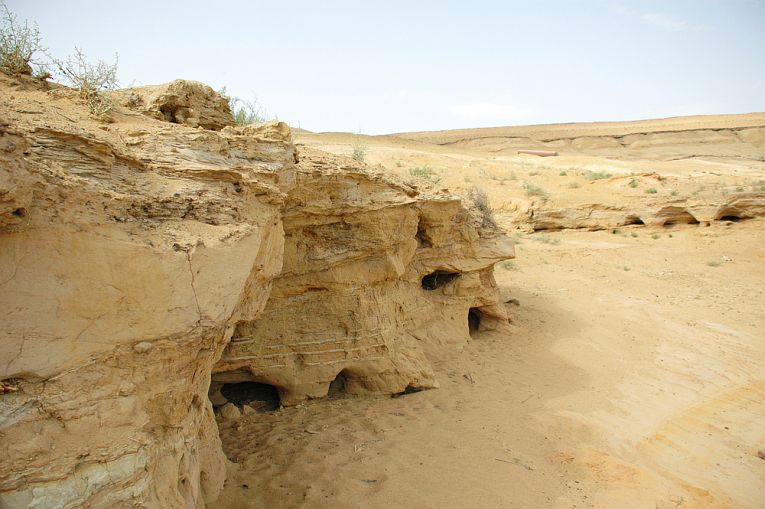Central Asian interests are international as the 3rd Aral Sea Basin Program, utilising resources from the International Fund for saving the Aral Sea (IFAS) founder countries, Kazakhstan, Tajikistan, Turkmenistan, Uzbekistan and the Kyrgyz Republic is now invigorated. Particular thanks are due to support from the World Bank. Saroj Kumar the Bank’s Regional Director stated that, together we have committed, by definition, a number of important activities that will support the well-being of millions of people who depend on the flow of the rivers of Amudarya and Syrdarya.
The meaning of even more aid to the Aralkum desert area will be that new issues for management of water supplies and use can be addressed. Millions of people there need support because of the loss of industry and the health problems associated with the dust from the dying Sea. Saroj stressed the importance of stable economic growth and health, but climate change can be seen as yet another hazard for the extremes of the hot summers and the freezing winters. The Uzbek news media here explain more.
Regional and national investment projects are already being identified, as the sharing of each country’s capabilities becomes more widespread. Management information systems could well prove to be one of the key products of the agreement, as the complexity of the technical issues is matched by the number of different regions involved, from several nations. Many examples of international aid were offered in a significant conference last October in Urgench (Uzbekistan.) a Hubert Gijzen represented UNESCO there, indicating that the Aral Sea Basin requires such strong global and regional cooperation.
31 projects were identified in Urgench, with signatories from many governments’ financial institutions and donor nations themselves. A sum of $3 billion was to finance these projects, supplemented by $1.9 billion loans and grants of $200 million. The draft program for 2015-2018 is eagerly awaited from specialist developers at Uzbek Ministries including Economy, Finance, Foreign Economic Relations, Investments and Trade and the Executive Committee of the International Fund for saving the Aral Sea (IFAS).
In this draft program (hopefully this month,) we expect social and economic progress in the form of job creation for former fishing communities, improved hospital facilities, ecological recovery programs to create lakes around the former Aral Sea and restoration of the Muynak wetlands when irrigation and rivers can flow effectively. Water saving projects will also be essential, as we heard in the conference last October. This resolution of one of the planet’s worst environmental disasters may not be complete. But the local people can be encouraged by these socio-economic moves and several countries will be aided. Uzbekistan is presently in need of help because of the state of the desiccated southern half of the Aral Sea, particularly in the autonomous republic of Karakalpakstan.
In this regard, the stability and continuity of the current state environmental policy of Uzbekistan, where the next Presidential elections will take place on 29 March, is important for the successful implementation of the outcomes of the above Aral Sea conference.










